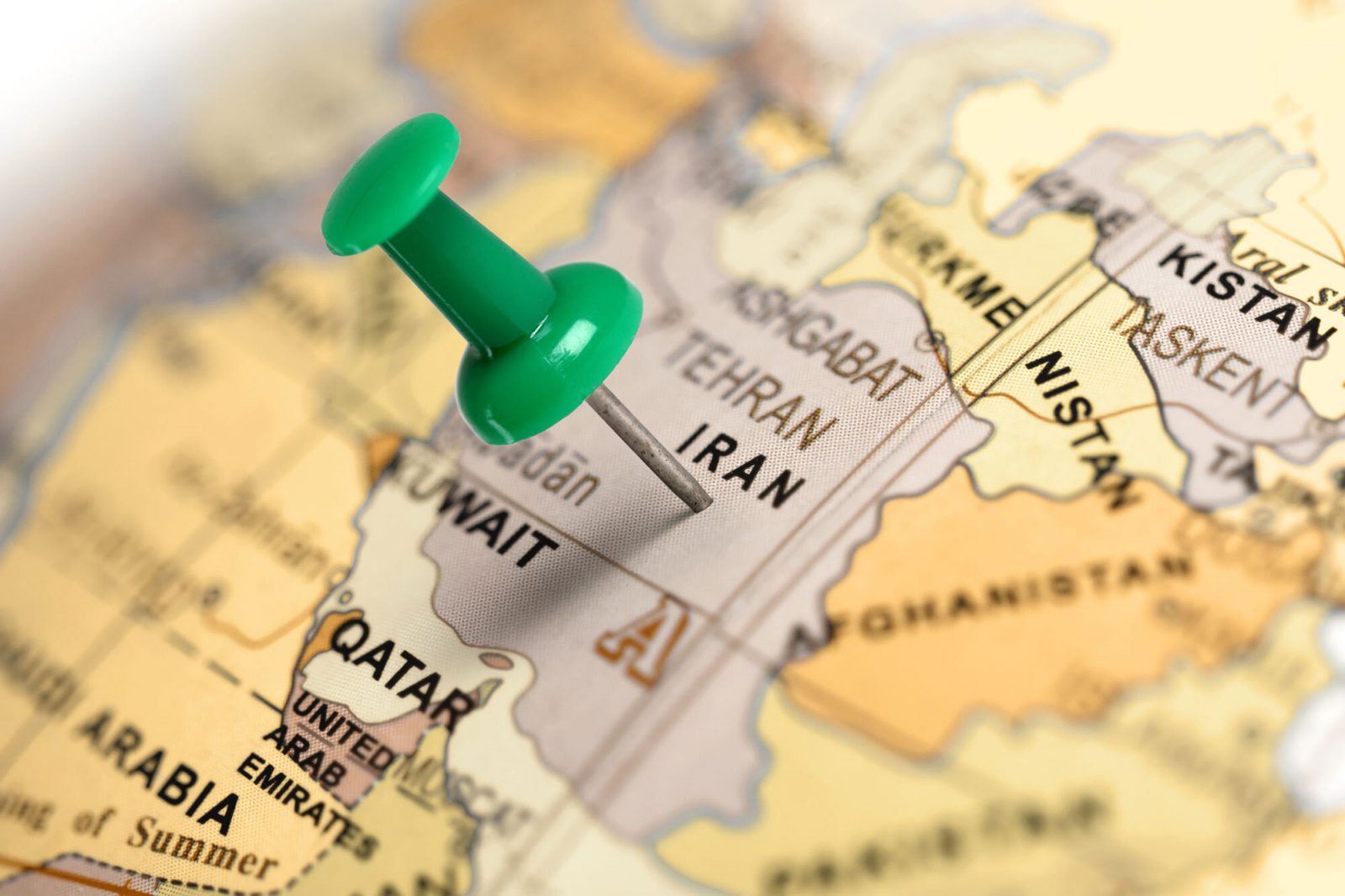On the one-year anniversary of the United States withdrawal from the Joint Comprehensive Plan of Action (JCPOA), a new executive order was announced that imposes sanctions on Iran’s iron, steel, aluminum, and copper sectors. This was the latest move in the Trump administration’s “maximum pressure” campaign against Iran, which seems to have picked up speed since the beginning of this year.
Specifically, this new order authorizes the Office of Foreign Assets Control (OFAC) to issue blocking sanctions on any person who:
- is operating in, owns or controls an entity that is operating in these sectors,
- Has engaged in a “significant transaction” for the sale, supply or transfer of related goods or services,
- Has engaged in the purchase, acquisition sale, transport, or marketing of iron, iron products, aluminum, aluminum products, steel, steel products, copper, or copper products,
- Has assisted, sponsored, supported or acted on behalf of any person or entity blocked due to this order.
OFAC is also authorized to sanction correspondent and payable through accounts of foreign financial institutions who knowingly conducted or facilitated any significant transactions related to the above.
Other Iran actions
Just six days prior to this action, the US allowed “significant reduction waivers” to expire. These had allowed China, India, Italy, Greece, Japan, South Korea, Taiwan and Turkey to purchase petroleum products from Iran without violating US sanctions.
Scott Nance, Principal at Langley Compliance Consulting and Chair of the ACSS Editorial Taskforce, believes this is a very significant expansion, as the United States had previously repeatedly granted waivers. “It represents a decision by the US to enforce fully the sanctions against the Iranian oil industry,” he says.
Another signal of OFAC’s commitment to financially isolating the Iranian regime is the number of Iran sanction related enforcement actions it has taken this year alone. More than half of 14penalties adding up to billions of dollars.
What this means to you
Whether the new sanctions will affect you obviously depends on your organization, says Nance. “The impact on US companies should be minimal; few of them are doing any business with Iran, and very few (if any) in the industry sectors covered, including oil and the various metals.”
He adds that he believes the impact in Europe might be “less than you might think” because many EU business have found it difficult to do business in Iran with or without sanctions. One of the main limiting factors is that many major European banks are tied to the US financial system and won’t handle transactions involving Iran for fear of OFAC. Billion dollar penalties levied against UniCredit Bank and Standard Chartered Bank have done nothing to ease this concern.
Your next steps
While the termination of the oil waivers went into effect on May 2, the executive order on the metals sectors does include a 90-day wind-down period.
Regardless, since it appears that tensions with Iran will not soon ease, Nance recommends these best practices:
- Have an Iran policy. This should be based on top-level decisions that include if your company will do business with Iran and under what circumstances.
- Perform a quick audit of customers and suppliers particularly if you are in the sanctioned industries. Determine if you have any relationships in Iran and on what scale. Make a conscious decision as to whether you will continue to do this business.
- If your company is based in the EU, take the EU blocking statute into account.
- Determine whether your company does indirect business with Iran.
- Let your employees and agents know about the sanctions. For companies that are currently doing significant business with Iran, special training may even be a good idea to explain what can or cannot be done.
- If the company has decided to end its Iranian business, the message should be that management has made an executive decision, that everyone will comply, that there will be no indirect business with Iran, and that failure to comply could have major consequences for the company and for individual employees.
Finally, OFAC recently published some fairly clear guidelines on what it expects in a sanctions compliance system. Nance says OFAC “strongly encourages” companies that do business with the United States to implement such a system. “If your company does business with the United States and with Iran, it should certainly create such a system, if it doesn’t have one already,” he advises.

